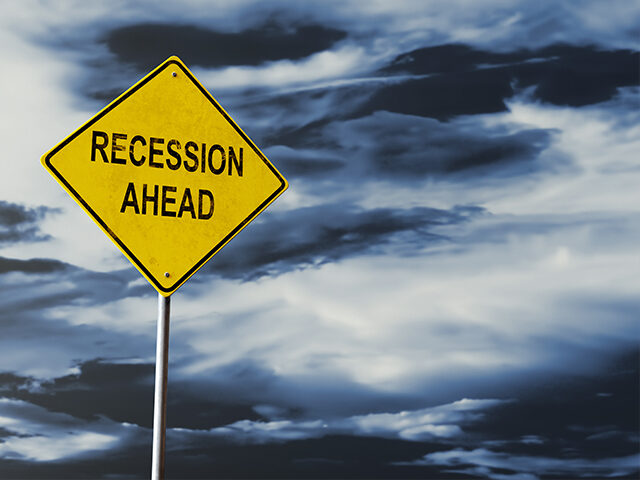The economy still appears to be headed toward a recession even though many measures of economic conditions pointed to an acceleration in January.
The Conference Board’s Leading Economic Index (LEI) declined 0.3 percent in January, in line with what economists had forecast. This was the sixth straight month of declines for the index, although the pace of decline slowed. In December, the index fell 0.8 percent.
“The US LEI remained on a downward trajectory, but its rate of decline moderated slightly in January,” said Ataman Ozyildirim, Senior Director, Economics, at The Conference Board. “The Conference Board still expects high inflation, rising interest rates, and contracting consumer spending to tip the US economy into recession in 2023.”
Contributing to the decline in Jnaury were deteriorating manufacturing new orders, consumers’ expectations of business conditions, and credit conditions. The yield spread component of the index has also swung negative in the last two months, often a sign of a recession approaching.
The labor market, however, remains strong. And stock market prices have surged higher.
The Conference Board Coincident Economic Index (CEI), which is composed of data thought to indicate current conditions but not predict future economic developments, increased by 0.2 percent in January, after no change in December. The CEI is up 0.7 percent over the last six months.
The Conference Board pointed out that the CEI’s component indicators—payroll employment, personal income less transfer payments, manufacturing trade and sales, and industrial production—are included in the data used to determine when a recession has begun. Three of these four CEI components improved in January, with only industrial production being virtually unchanged. This suggests that a recession has not arrived.

COMMENTS
Please let us know if you're having issues with commenting.